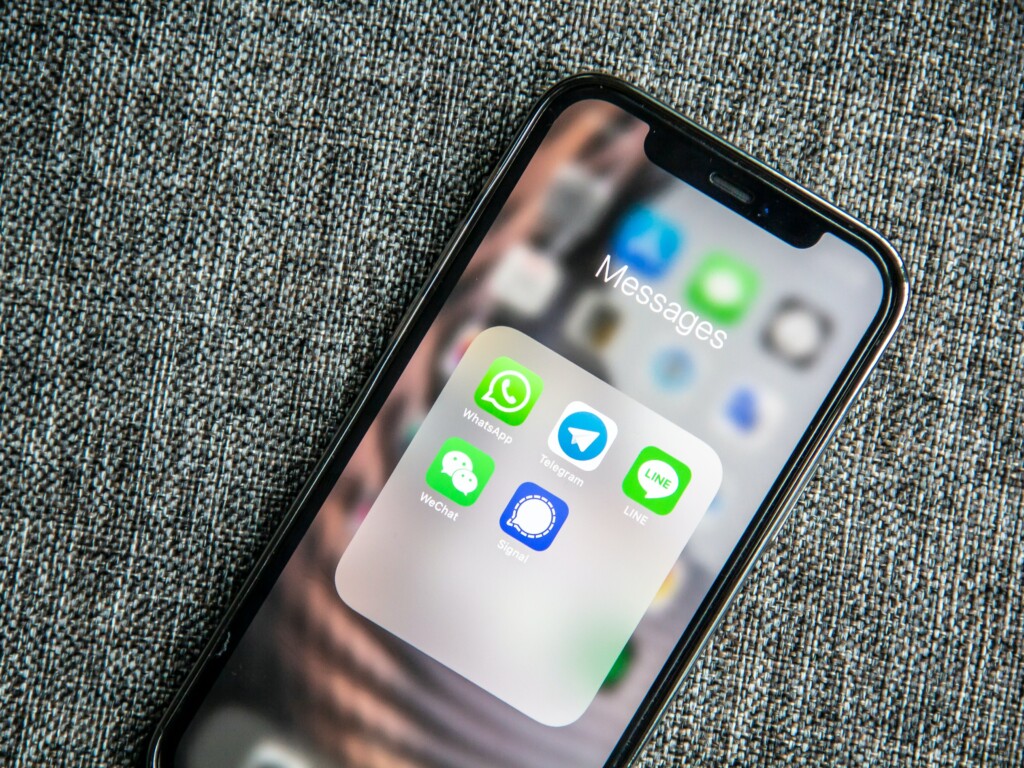Members of the MyData4Children Thematic Group are firmly opposed to Commissioner Ylva Johansson’s proposal to introduce mandatory surveillance of people’s social media and digital messages. This proposal (popularly referred to as ChatControl 2.0) has provoked widespread criticism, and is expected for adoption by the European Parliament on 19-20 October of this year. The fate of the proposal remains uncertain, as it appears that there is not sufficient support from member states since Sweden’s support for the proposal is no longer in place. It is nonetheless important to clearly articulate why this proposal is a clear violation of human rights, and why it is imperative for member states to reject this proposal should it be reintroduced for consideration.
The ChatControl 2.0 proposal is officially called the Regulation on the Establishment of Rules for Preventing and Combating Sexual abuse of Children. This sounds important and urgent, but the title is misleading. The proposal itself is a highly problematic encroachment on basic human rights and a threat to peoples’ online safety generally. It does nothing to clearly improve the safety of vulnerable children.
Instead, ChatControl 2.0 proposes to require service providers to review all social media and messaging content through the use of artificial intelligence (including all services normally subject to remuneration: telephony, e-mail, messenger, chatting apps, chats in other services or apps, and videoconferencing). This proposal builds on the voluntary review that was made legal as a temporary derogation for service providers in Chat Control 1.0, and is problematic not only because it is compulsory, but because the technology proposed to execute this review does not yet exist. Nor is it clear how that technology would be governed in order to protect the rights of individuals if it did exist. Perhaps most problematic is the fact that it is impossible to anticipate or control how technological back-doors and spying windows might be exploited or used by malicious, incompetent, or misguided actors in the future. That general and continuous automated analysis of personal communications violates individual rights is both commonsensical and a well established legal principle. This has potentially significant consequences for people beyond the
invasion of privacy and chilling effect on communication and expression. As noted by the UN’s High Commissioner for Human Rights, “general scanning of communications, frequent false positives cannot be avoided, even if accuracy rates are high, thereby implicating numerous innocent individuals.” These risks have also been highlighted in an impact assessment conducted by the European Parliamentary Service, which found that the proposal would directly interfere with users fundamental rights, while having only a limited positive affect in accomplishing its aims, and that it “would likely fail the proportionality test” balancing benefits against restrictions of rights and freedoms.
This is a mistake, and the widespread popular resistance to this proposal is evidence that it is a grave mistake. Any universal and obligatory surveillance of personal communications is a violation of individual rights. It threatens to disempower individuals and groups, and does nothing to improve safety online, for children or for anyone. It is fortunate that the proposal has been suspended, but this is an important reminder to remain vigilant, and that the use of technology for security must always be balanced against the rights that technology will necessarily restrict. For the sake of fundamental digital rights, and for the sake of our children, this proposal should be resisted.
MyData Global is a politically independent and non-committed organisation. This post is based on personal opinions of MyData4Children thematic group members, led by Paula Bello and Fredrik Lindén, currently serving also in the MyData Global leadership. The views above do not necessarily reflect those of all other elected officials or members of MyData Global. We call all interested stakeholders to support this statement and engage with the MyData4Children group for collaboration at #mydata4children Slack channel.
Not yet in Slack? Join through mydata.org/slack
1 See, for example, Planned EU rules to protect children online are attack on privacy, warn critics, Alex Hern, 12.05.2023, Chat Control: The EU’s CSEM scanner proposal, Open Letter To The European Commission on Chat Control v2, CALL FOR URGENT ACTION to stop Chat Control legislation in EU, CHAT CONTROL 2.0: THE SEQUEL NOBODY ASKED FOR.
2 ”Övervakningslag” skjuts upp. Svenska Dagbladet, 21.09.2023
3 See Chat Control: The EU’s CSEM scanner proposal for discussion
4 Report on the Right to Privacy in the Digital Age, paragraph 27.

